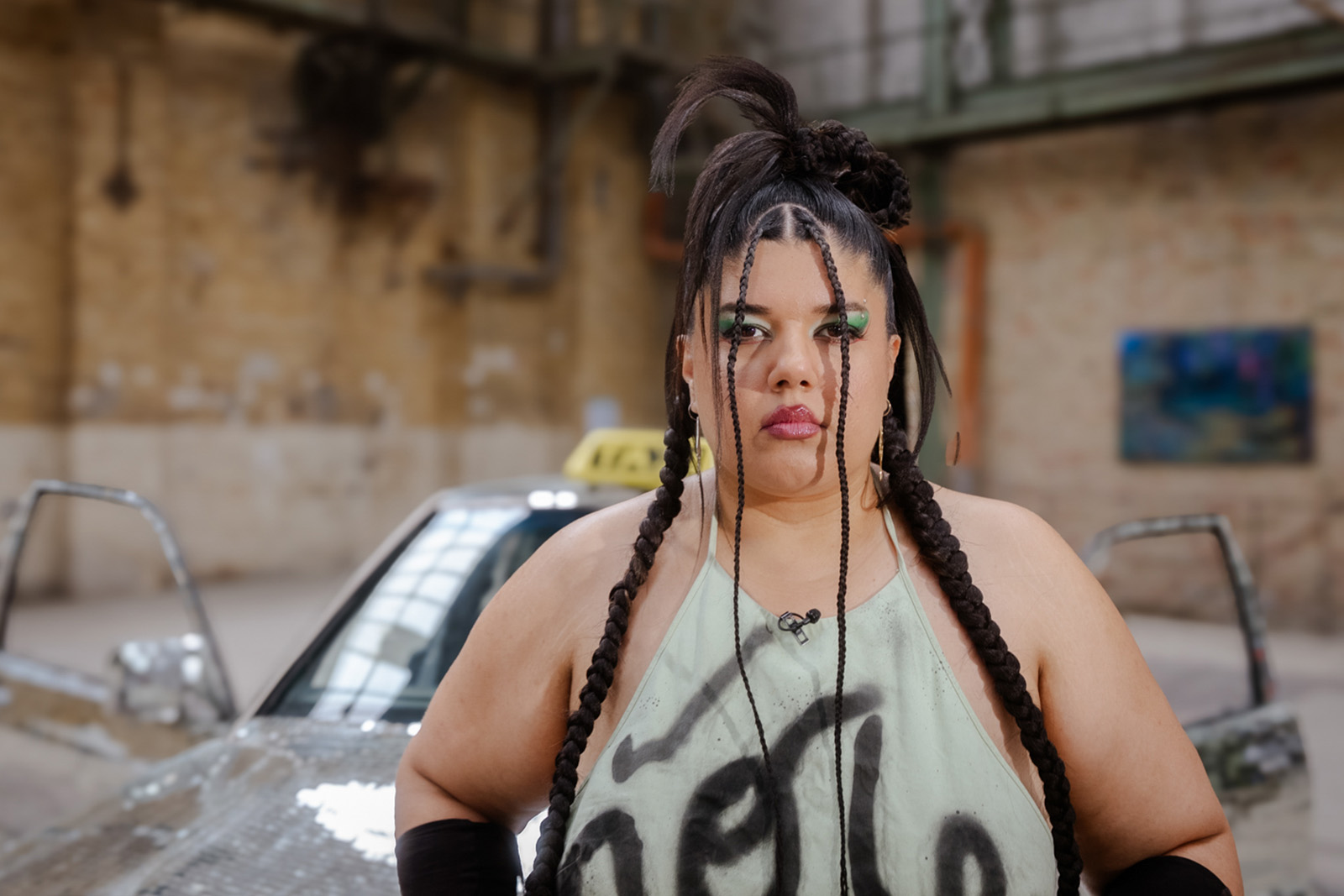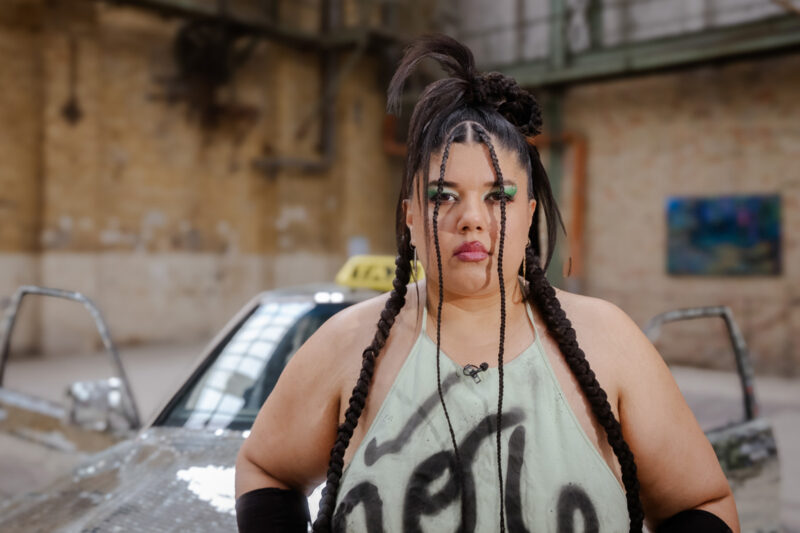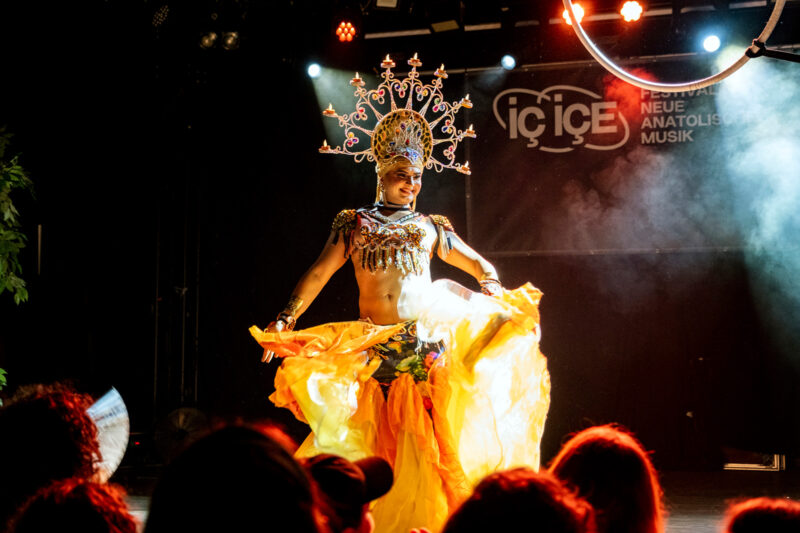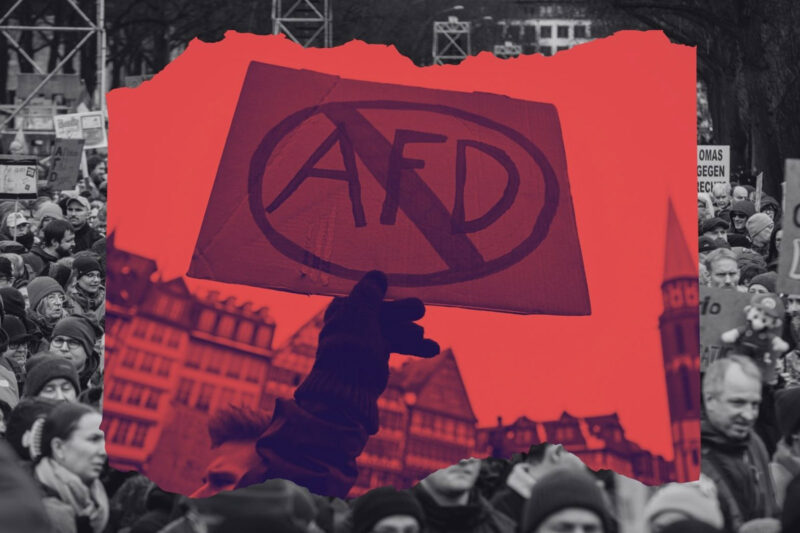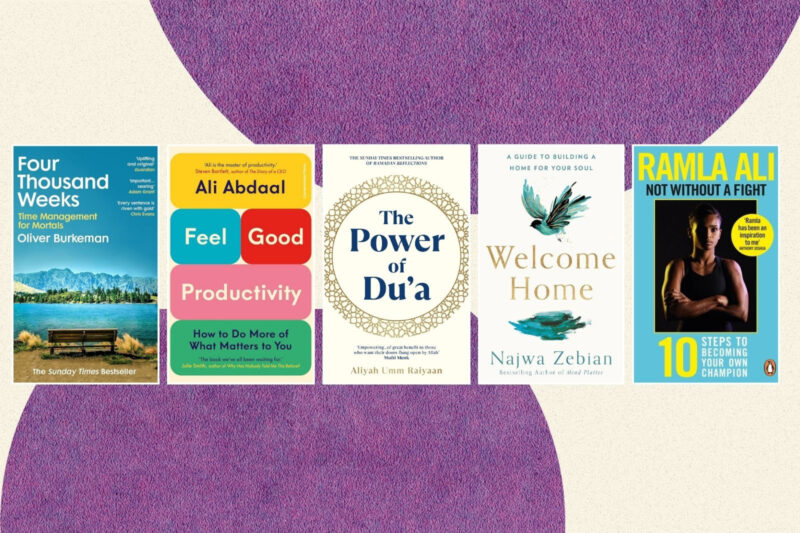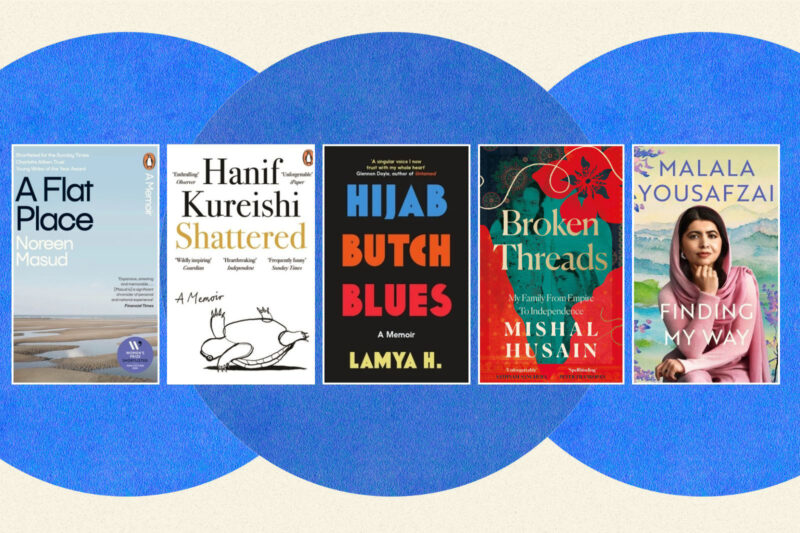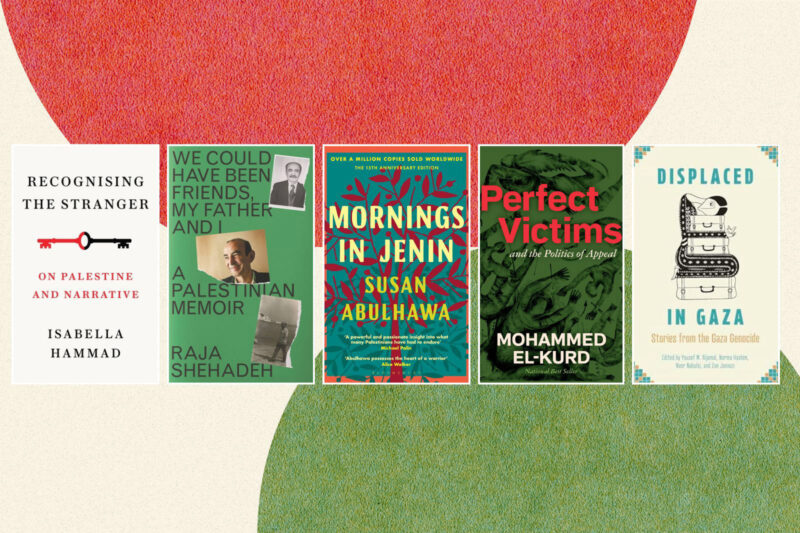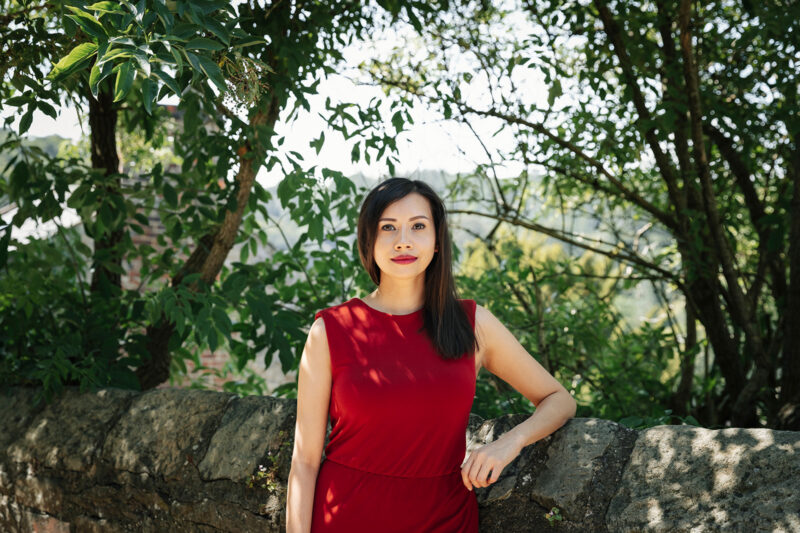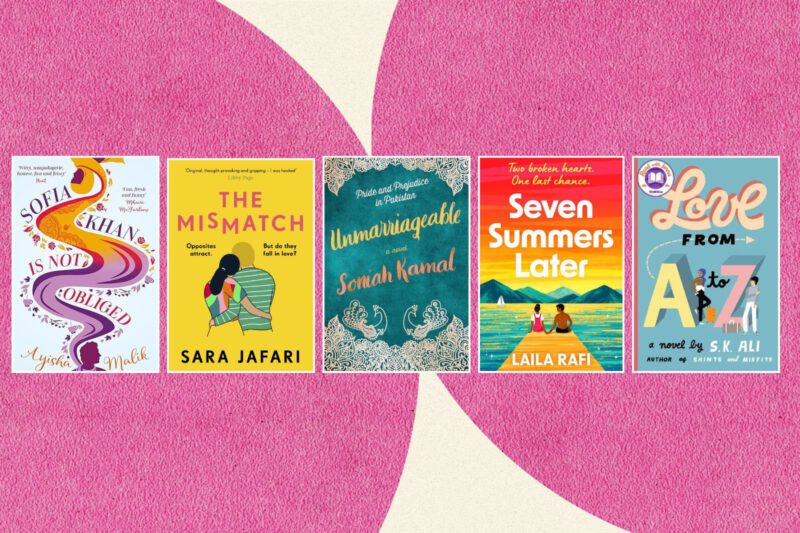Women and non-binary writers from minority backgrounds are leading a German literature revival

Fatma Aydemir, Ronya Othmann, Aria Aber are leading a wave of novelists from migrant backgrounds winning praise and prizes from international audiences
While Germany may have produced some of the greatest authors to shape western culture — Johann Wolfgang von Goethe, Hermann Hesse, Günter Grass — its luminaries have been overwhelmingly male and white. But over the past few years, a new generation of women and non-binary authors with roots in the country’s Turkish and Middle Eastern communities have revolutionised the German literary scene, attracting international praise and attention.
Fatma Aydemir, a 39-year-old German-Kurdish author whose 2017 novel Ellbogin (Elbow) won multiple literary prizes before being adapted into a 2024 German-language film of the same name. Her success was followed in 2020 by Ronya Othmann and her semi-autobiographical novel The Summers, which addresses ISIS’s genocide of the Yazidi minority group in Iraq and Syria from a diaspora perspective. Most recently, Aria Aber’s English-language debut Good Girl — “an electric debut novel about the daughter of Afghan refugees and her year of nightclubs, bad romance, and self-discovery” — has garnered rave reviews around the world and was short-listed for the Women’s Fiction Prize 2025.
Anni Görisch, a bookseller at She Said, a Berlin bookstore specialising in women, LGBTQI+ and authors of colour writing in both English and German explains that while the English fiction market has traditionally been much more eclectic, a new generation of diverse German readers have opened up the market to alternative literary voices. “[These writers] are mostly second generation, they are fluent in German and are now in their 20s and 30s and have developed their literary voice,” Görisch said.
This new wave of novelists draws on their own experiences to retell the classic coming-of-age story — a genre of classics from To Kill a Mockingbird, The Catcher in the Rye, to The Perks of Being a Wallflower — from a migrant perspective. Their protagonists wrestle with the duelling expectations of their families and society, exploring drugs, nightlife and sexuality. “They’re not necessarily the types of books you would buy your dad for Christmas,” Görisch laughed.
She is careful to point out that while successful, these novels do not necessarily represent the typical migrant experience: “Publishing houses are still very white dominated and they are the ones choosing what gets published. These protagonists tend to be quite radical and empowered, and they criticise and rebel against their parents’ cultures.”
Anti-migrant rhetoric is currently growing in Germany: the far-right Alternative for Germany (AfD) is second in the polls, and anti-Muslim incidents rose by 60% in 2024. Görisch believes literature can help push back against this hate. She gives the example of Der Letzte Himmel (The Last Heaven) — a memoir by German-Palestinian writer and journalist Alena Jabarine, which has been on the country’s bestseller lists. “We’ve had lots of people requesting this book and it’s mostly been white German people,” she said. “I don’t think many AfD voters will necessarily pick up one of these books and have an epiphany, but the average German might have their perspectives broadened.”
Alongside Jabarine, here are five German writers you should know:
Fatma Aydemir
Born in 1986 to Turkish-Kurdish Gastarbeiter parents in the city of Karlsruhe, journalist, author and playwright Aydemir is one of Germany’s most talked-about millennial writers. Her 2017 novel Ellbogin (Elbow) tells the story of a 17-year-old Kurdish-German girl, Hazal, struggling with family expectations, racist societal structures and peer group pressures before an unexpected tragedy forces her to flee to Istanbul, where she navigates life as a different kind of outsider.
Her second novel Djinns, published in 2022, is an epic tale of one Kurdish-Turkish family’s life in Germany, spanning multiple decades and countries and told from the perspective of six different characters. It was nominated for the German book prize and was translated into English in 2024. Aydemir is also the editor of Your Homeland is Our Nightmare, a book of essays by German writers with migrant heritage, and writes a monthly column for Guardian Europe.
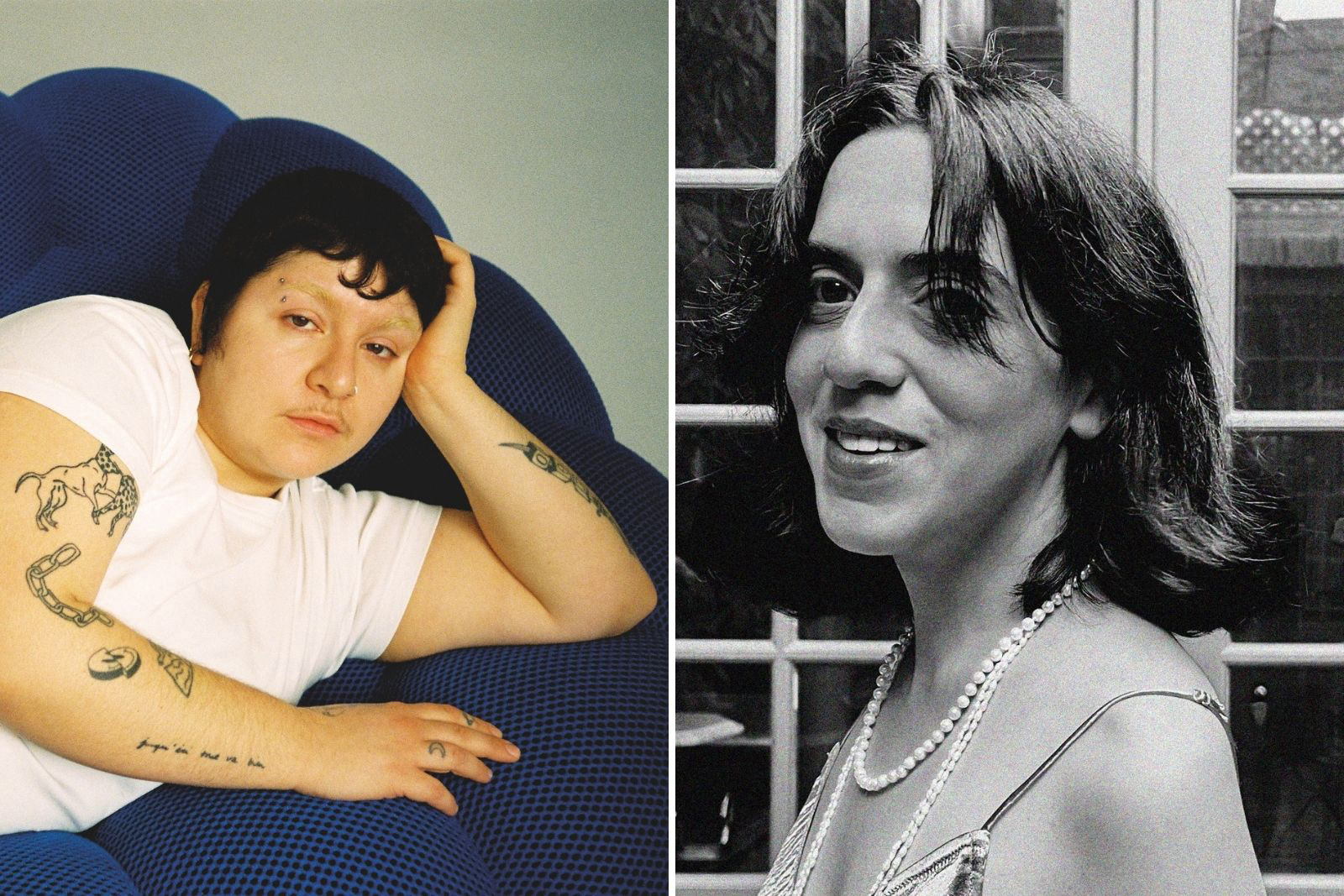
Ronya Othmann
Born in Munich in 1993 to a Kurdish Yazidi father from Syria and a German mother, Othmann is an author, poet and journalist. Her 2020 debut novel The Summers is told through a series of vivid vignettes recounting the common diasporic experience of her protagonist, Layla, spending every summer back in her grandparents’ village. As Layla grows older, she slowly learns the history of Kurdish and Yazidi oppression through her family’s own stories, including her dad’s time in jail as a political prisoner.
As Layla reaches her teenage years and starts exploring underage drinking and her own queer identity — while regularly clashing with her dad — ISIS tears through her family’s village and her summer visits come to a brutal end. Othmann’s second novel Seventy-Four (2024) focuses more closely on the events of the Yazidi genocide and she is currently working on her third book.
Nazlı Koca
Turkish writer Koca studied in Berlin, funding her university by working as a hotel cleaner — an experience that inspired her 2023 debut novel The Applicant. It tells the story of Leyla, a Turkish twentysomething struggling to make ends meet by working as a cleaner in Berlin after failing her thesis, losing her student visa and attempting to sue her German university. She distracts herself partying in Berlin’s club scene and eventually falls in love with a conservative Swedish tourist, forcing her to choose between moving with him to his country or returning to her family in Turkey.
Hengameh Yaghoobifarah
The two novels by Iranian-German writer Yaghoobifarah, who identifies as non-binary, are yet to be translated into English but have become cult queer-feminist classics in Germany. Ministerium der Träume (Ministry of Dreams), published in 2021, tells the story of two teenage siblings growing up amongst 90s far-right violence, and 2024’s Schwindel is described as a “contemporary queer love story”. Yaghoobifarah is also known for their satirical and sometimes controversial column at left-wing newspaper Die Tageszeitung, where they poke fun at mainstream German culture.
Aria Aber
One of 2025’s most talked-about books, Aber’s debut Good Girl tells the story of Nila, the daughter of Afghan refugees in Berlin, who is grieving her mother’s death while self-destructing in the city’s party scene. Aber was born in Münster to Afghan parents and studied in London and New York, and was a widely published poet prior to releasing her novel.
 Newsletter
Newsletter


